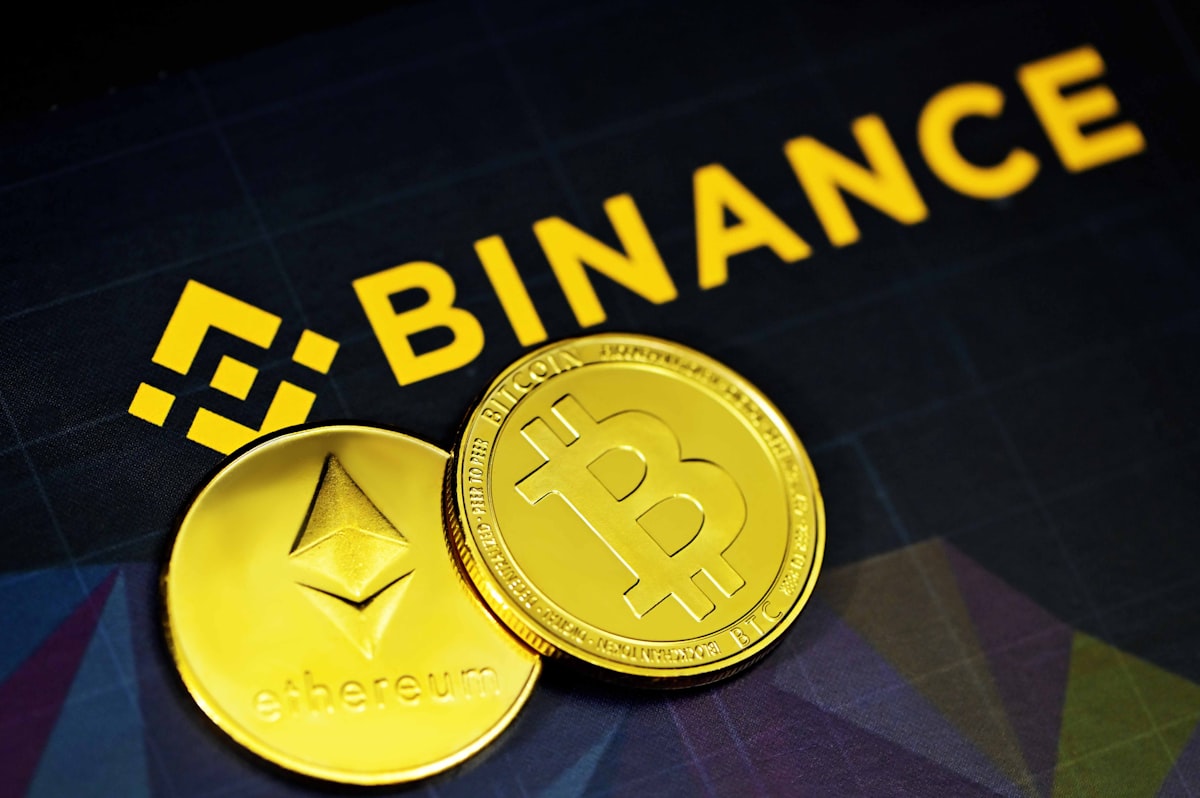Binance and SEC Engage in Court Battle Over Cryptocurrency Oversight
The SEC maintained that if a token exhibits security-like qualities, they persist through any sale.

Binance, the world's largest cryptocurrency exchange, engaged in a court hearing with the U.S. Securities and Exchange Commission (SEC) on Monday, seeking the dismissal of a lawsuit filed by the regulatory body. The court session involved detailed questioning from Judge Amy Berman Jackson, who sought clarification on whether specific cryptocurrencies traded on Binance, such as BNB and BUSD, meet the criteria outlined by the Howey test, which determines the classification of assets as securities.
The SEC filed a lawsuit against Binance Holdings and its former CEO, Changpeng Zhao, accusing the platform of various violations, including misleading customers, failing to restrict U.S. investors' access, and operating as an unregistered exchange. The SEC also asserted that certain tokens, including BNB and BUSD, on Binance should be considered securities.
The SEC's case revolves around the classification of crypto assets traded on Binance as securities falling under the regulator's oversight. Lawyers for Binance argued that the SEC has been inconsistent in its communication to the crypto industry, creating challenges for compliance. The judge questioned both sides on their views regarding the definition of securities and the flexibility of the Howey test, a key criterion used to determine if an investment product constitutes a security.
The SEC contended that Binance's promotion of its business and the tokens in question created reasonable expectations of profit for buyers, aligning with the characteristics of securities. Binance countered that the act of promotion itself should not be a decisive factor.
The major questions doctrine, a legal principle stating that federal agencies cannot regulate without specific congressional authorization, was raised by Binance during the hearing. The judge appeared skeptical of Binance's argument related to this doctrine. The ruling in this case and the recent Coinbase hearing may have implications for digital assets and clarify the SEC's jurisdiction over the cryptocurrency sector.
The SEC also asserted that BUSD, Binance's stablecoin, should be deemed a security because it was sold as a package with services allowing users to earn yield on their assets. The agency referred to a previous case involving Terraform Labs to support its argument.




